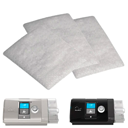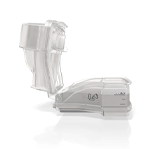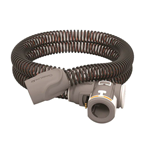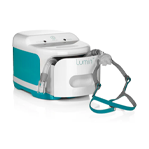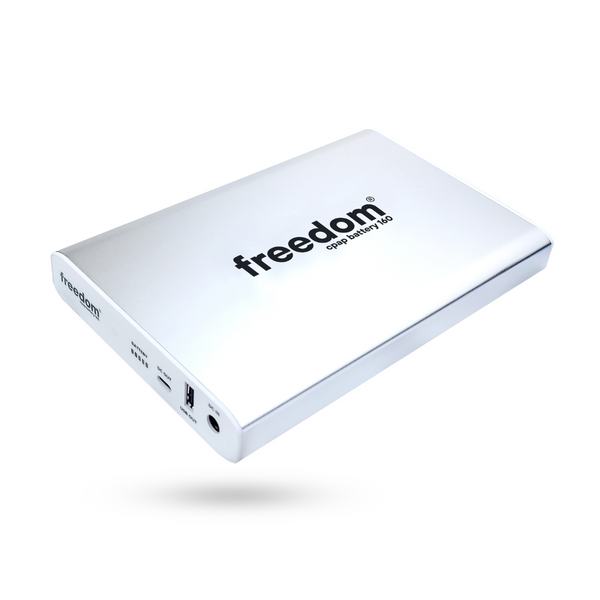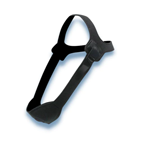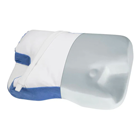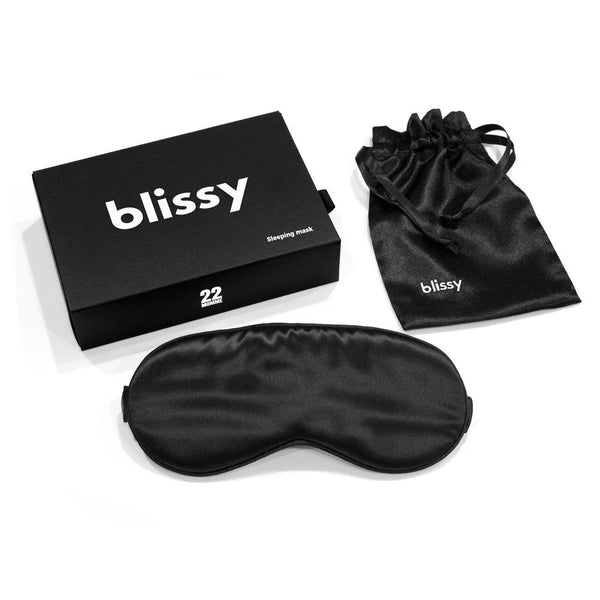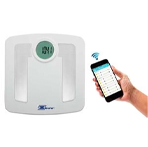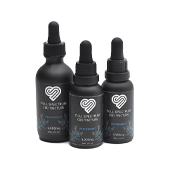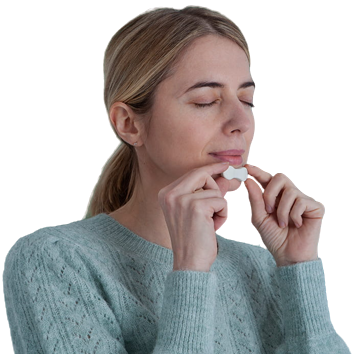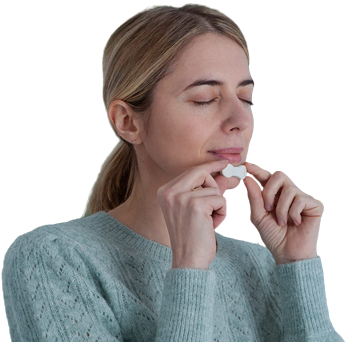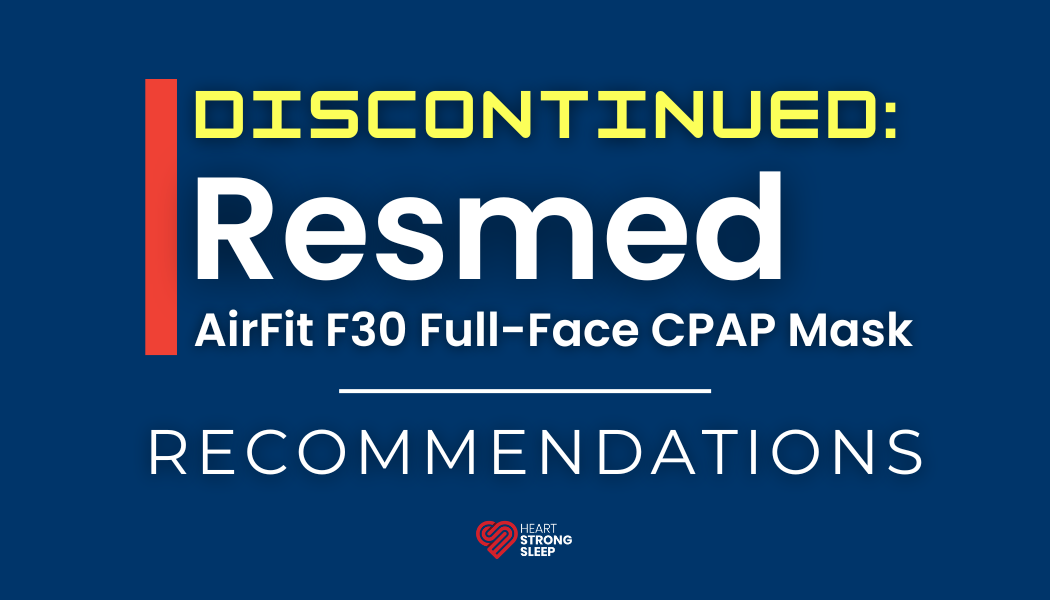Sleep apnea is a common sleep disorder that affects millions of people worldwide. It is characterized by interrupted breathing during sleep, which can lead to snoring, fatigue, and other health problems. Fortunately, there is an effective treatment for sleep apnea: continuous positive airway pressure (CPAP) therapy. CPAP therapy involves using a machine that delivers a constant flow of air through a mask to keep the airway open during sleep.
However, CPAP therapy is only effective if you use the right type of mask. In this blog post, we'll explore the different types of CPAP masks available and provide tips on how to choose the right one for your needs.
Heartstrong Sleep: 3D CPAP Mask Fitting Powered by A.I.
Types of CPAP Masks
There are several different types of CPAP masks available, each with its own advantages and disadvantages. Here are the most common types:
- Nasal masks: These masks cover the nose and are held in place with a strap. They are a good choice for people who breathe through their nose during sleep and don't need a full face mask.
- Full face masks: These masks cover the nose and mouth and are held in place with a strap. They are a good choice for people who breathe through their mouth during sleep or who have trouble breathing through their nose.
- Nasal pillow masks: These masks have a cushion that fits into the nostrils and is held in place with a strap. They are a good choice for people who find nasal masks uncomfortable or who have trouble finding a good fit with other types of masks.
- Oral masks: These masks cover the mouth and are held in place with a strap. They are a good choice for people who breathe through their mouth during sleep and don't like full face masks.
- Hybrid masks: These masks combine elements of nasal masks and full face masks and are held in place with a strap. They are a good choice for people who have trouble finding a good fit with other types of masks.
Factors to Consider When Choosing a CPAP Mask
Choosing the right CPAP mask is important for a comfortable and effective sleep therapy. Here are some factors to consider when selecting a mask:
- Sleep position: If you sleep on your back, you may need a different type of mask than if you sleep on your side.
- Facial hair: If you have a beard or mustache, you may need a mask that fits over your nose and mouth instead of just your nose.
- Breathing habits: If you breathe through your mouth during sleep, you may need a full face mask or an oral mask.
- Allergies: If you have allergies, you may need a mask made from hypoallergenic materials.
- Noise level: Some masks are quieter than others, which can be important if you are a light sleeper or have a sleeping partner.
- Comfort: A mask that fits well and is comfortable to wear is essential for a good night's sleep.
Troubleshooting Common CPAP Mask Problems
Even with the right mask, you may experience some problems with your CPAP therapy. Here are some common problems and how to troubleshoot them:
- Mask leaks: If your mask is leaking air, try adjusting the straps or using a different type of mask.
- Facial pressure: If your mask is causing pressure on your face, try adjusting the straps or using a different type of mask.
- Dry mouth/nose: If your mask is causing dryness, try using a humidifier with your CPAP machine.
- Skin irritation: If your mask is causing skin irritation, try using a mask liner or switching to a different type of mask.
Caring for Your CPAP Mask
Regular cleaning and maintenance of your CPAP mask is important for ensuring its effectiveness and longevity. Here are some tips for caring for your mask:
- Cleaning and maintenance: Wash your mask and straps daily with mild soap and water, and replace the mask and other parts as recommended by the manufacturer.
- Replacing parts: Replace the mask cushion or nasal pillows every three months, and replace the headgear, tubing, and filters as needed.
Conclusion
Choosing the right CPAP mask is essential for a good night's sleep. Consider your sleep position, breathing habits, facial hair, allergies, noise level, and comfort when selecting a mask. If you experience problems with your mask, troubleshoot them to find a solution. And be sure to care for your mask properly to ensure its effectiveness and longevity. With the right CPAP mask and therapy, you can improve your sleep and your overall health.
CPAP Mask Providers from Heartstrong Sleep: Bleep Eclipse, Bleep Sleep, Fisher & Paykel (F&P), React Health, ResMed AirFit and AirTouch, Philip Respironics DreamWear, Sunset Health, Siesta, Evora, and others.

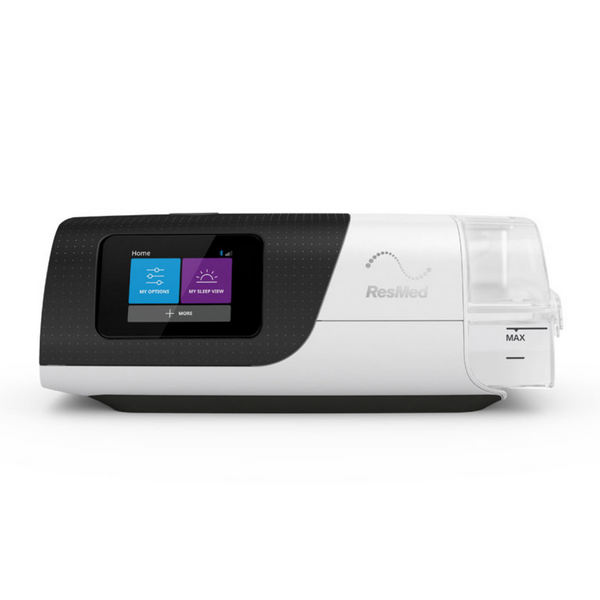
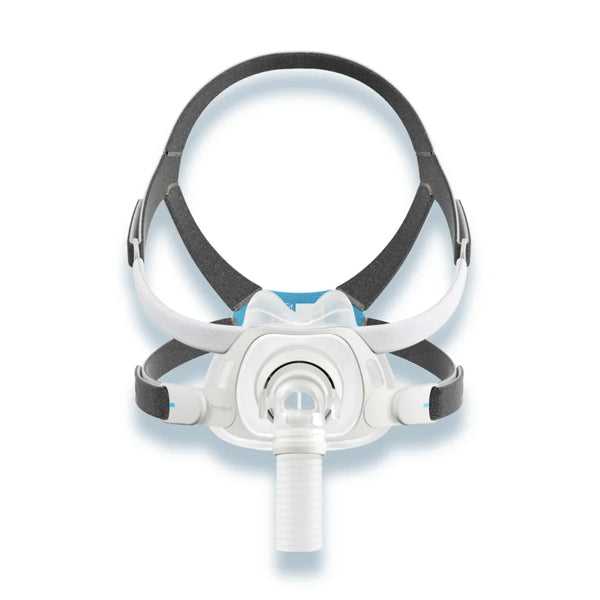
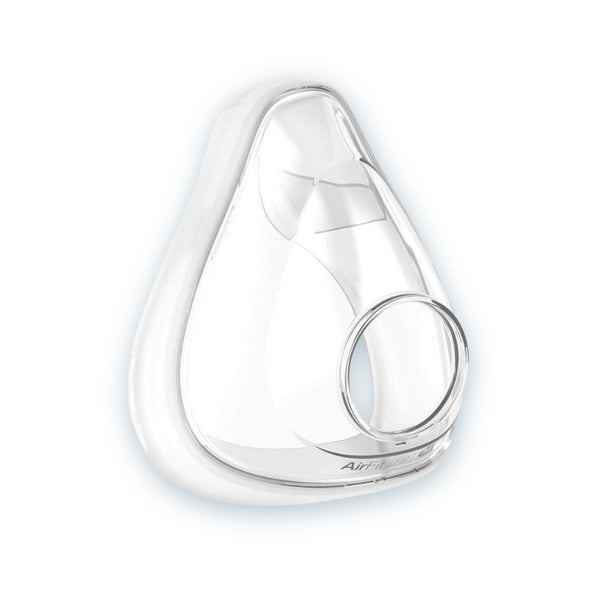
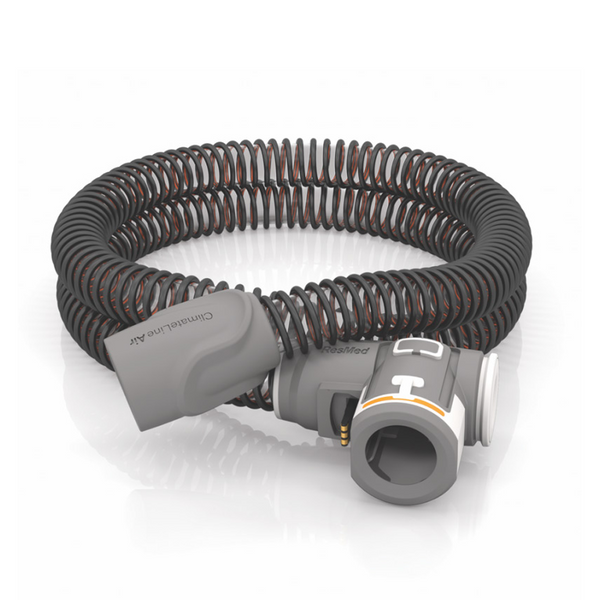
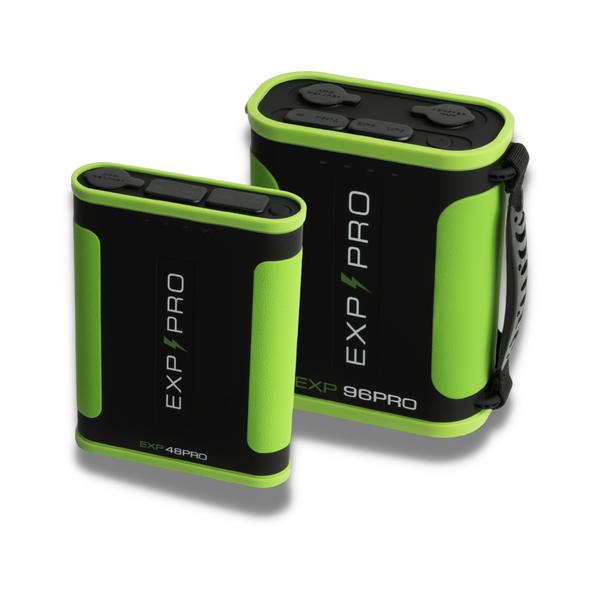
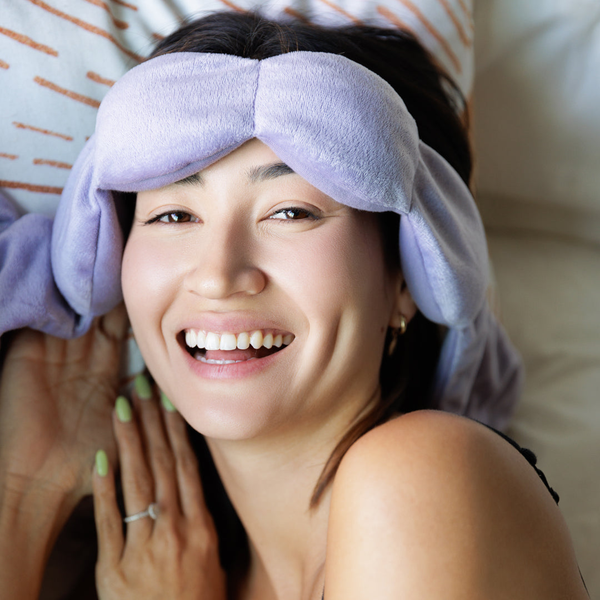
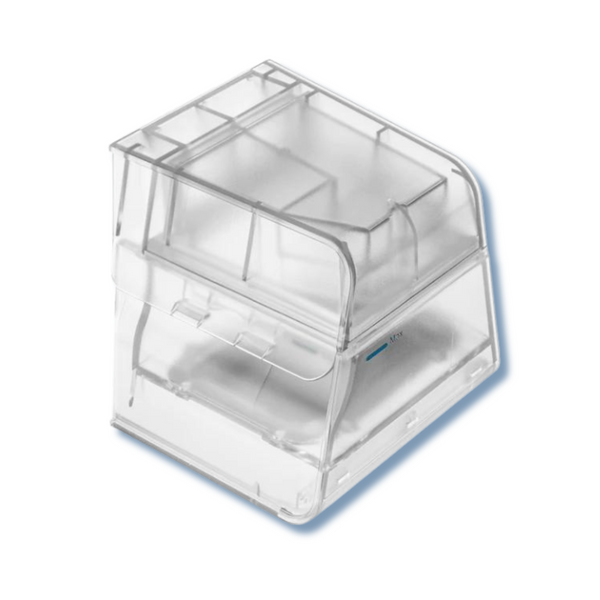
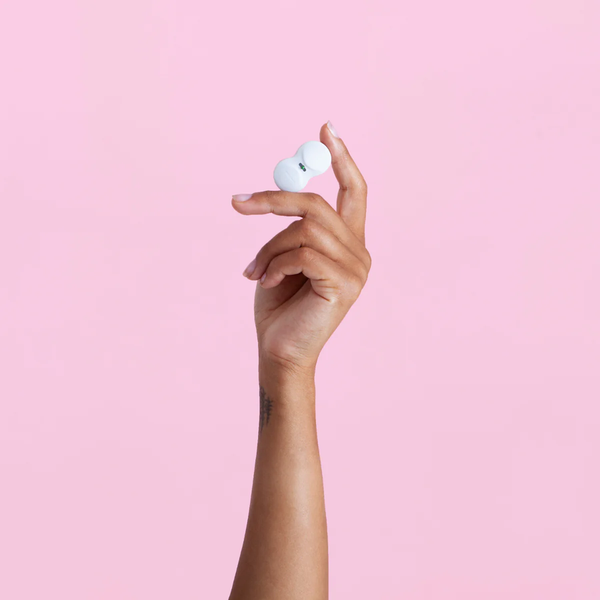
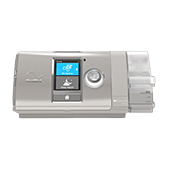
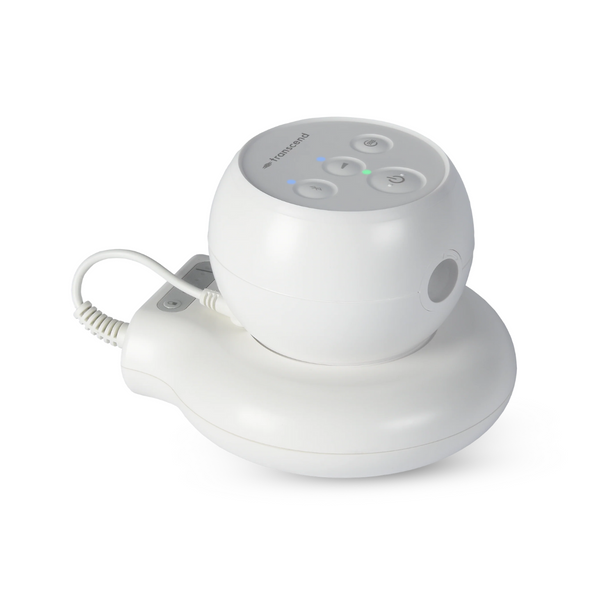
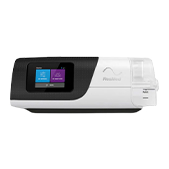
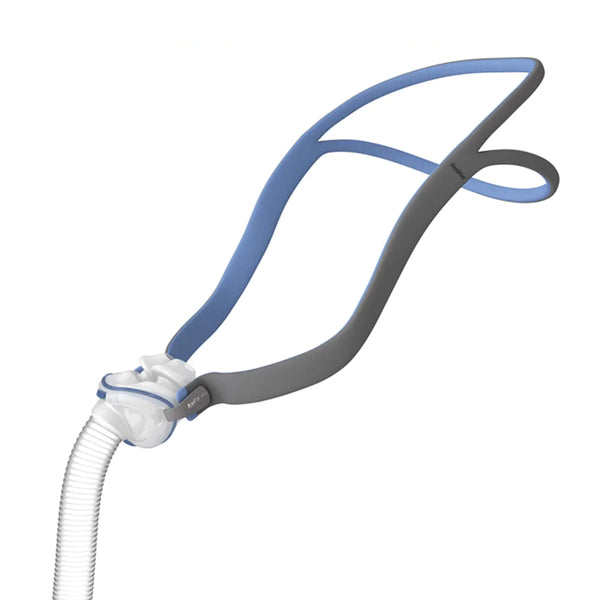
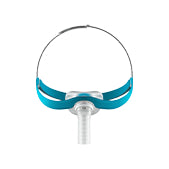
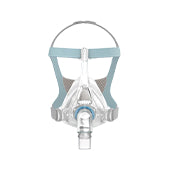
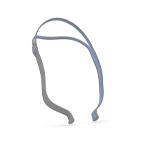
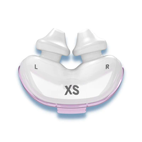
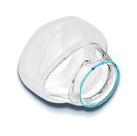
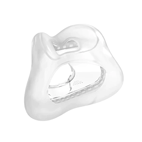
![[subscription]](http://heartstrongsleep.com/cdn/shop/files/Group_30_6a2ee5b7-7d1a-49f1-855d-428a7cb5358f.png?v=1733846466&width=600)
